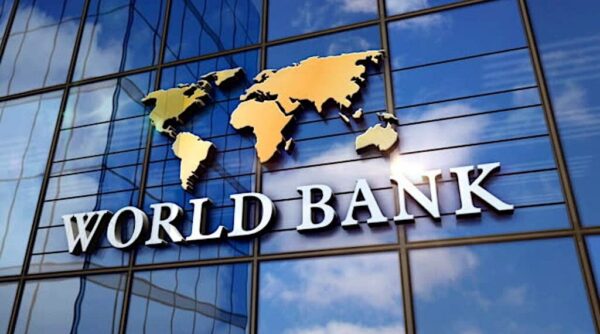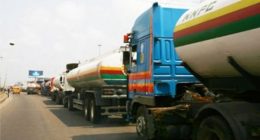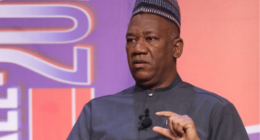 In a major step toward addressing some of Nigeria’s most pressing development challenges, the World Bank has approved a landmark $1.08 billion funding package. This critical financial support is aimed at bolstering the country’s education system, improving nutrition, and strengthening economic resilience—a move that could significantly reshape the trajectory of Nigeria’s socio-economic landscape.
In a major step toward addressing some of Nigeria’s most pressing development challenges, the World Bank has approved a landmark $1.08 billion funding package. This critical financial support is aimed at bolstering the country’s education system, improving nutrition, and strengthening economic resilience—a move that could significantly reshape the trajectory of Nigeria’s socio-economic landscape.
The funding, approved in early April, comes at a time when Nigeria is grappling with a range of developmental hurdles, from declining education outcomes and widespread malnutrition to economic instability exacerbated by inflation, insecurity, and global market shocks. With the nation’s population projected to reach over 400 million by 2050, these challenges demand urgent, large-scale intervention.
The newly approved funding is strategically structured to tackle three core areas;
A substantial portion of the funding will be directed toward enhancing education quality and access across the country. Nigeria has one of the highest numbers of out-of-school children globally—estimated at over 10 million. The World Bank’s support is expected to boost teacher training, improve school infrastructure, provide learning materials, and strengthen local educational governance. Special focus will be given to underserved regions, especially in the North, where education gaps are most pronounced.
Another key component of the funding will go toward addressing widespread malnutrition, particularly among children under five. Nigeria continues to struggle with high rates of stunting, wasting, and micronutrient deficiencies—issues that have long-term impacts on health, cognitive development, and productivity. The World Bank’s investment will support nutrition-sensitive interventions such as maternal and child health programs, food fortification initiatives, and community-based care systems designed to improve dietary practices.
Finally, the funding will also be used to bolster economic resilience. Nigeria’s economy has faced repeated shocks in recent years—ranging from the COVID-19 pandemic to oil price volatility and regional conflicts. The World Bank’s investment will help create more inclusive economic opportunities, especially for youth and women, support job creation through small and medium-sized enterprises and enhance social protection mechanisms for vulnerable populations.
As Nigeria navigates a critical period in its development journey, this World Bank funding could mark a turning point. By investing in people—through education, health, and economic empowerment—the country has a real opportunity to break cycles of poverty and build a more prosperous, inclusive future.
The road ahead may be long, but with support like this and a renewed national commitment to reform, the outlook is brighter than ever.








